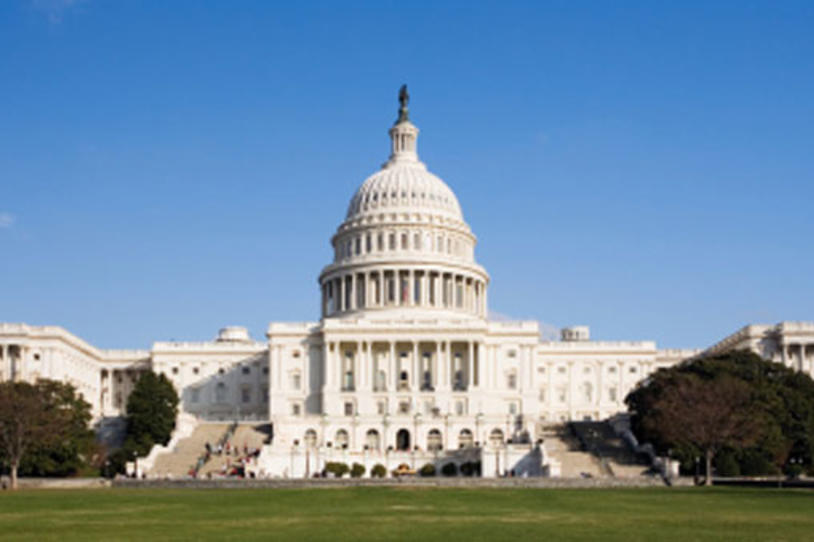
One of the imperatives of The Michael J. Fox Foundation is to promote collaboration and information-sharing among scientists from academia and industry alike. Finding new treatments to benefit patients with a complex disease like Parkinson’s is a serious challenge, so the more the research community can work together, the better the chance at success.
“It is incumbent on us all to conceive new models that buck old-school competition and secrecy to share data early and often and to advocate locally and nationally for the attention, creativity and dollars that will keep science moving forward,” wrote our CEO Todd Sherer, PhD, in an op-ed in Nature Medicine earlier this month. “Together, we can make cures inevitable. The choice is ours.”
This week, the Obama administration made a recommendation in the right direction, saying in a policy memorandum that access to findings made by federally-funded agencies with more than $100 million in expenditures should be made freely available to the public within one year of publication. Researchers are being asked to “better account for and manage the digital data resulting from federally funded scientific research” as well. Currently, most published findings are only available through paid subscription, making it difficult for members of the public, and even researchers who may not have access to all of the myriad journals in the field, to access data that could inform decisions into advocacy, investment, and scientific research moving forward. One government agency, The National Institutes of Health (NIH), already has a similar policy in place, requiring research to be made accessible to the public following a period of 12 months.
According to Nature News, should the new, more widespread policy take effect, it would likely double the number of such articles that are made publicly available each year. The memorandum comes on the heels of a bill introduced last week into Congress that would require public access to papers six months following publication. The bill is called Fair Access to Science and Technology Research Act (FASTR), and it is being sponsored two members of the Senate and three members of the House of Representatives.
“I agree the need for continued rethinking of ways to increase the productivity of science — particularly in how/what it delivers for patients — must continue,” explained Debi Brooks, Co-Founder and Executive Vice Chairman of MJFF, in a recent related thread on NeuroTalk. “At MJFF we have been active in putting forth new mechanisms for improving this process (funding high-risk research, crafting unlikely partnerships, inserting a robust patient voice, building/distributing field-wide tools) including building portals for sharing data.”
Since launching in 2010, scientists from more than 30 countries have already made 40,000 data downloads of data culled from the MJFF-sponsored biomarker study the Parkinson’s Progression Marker’s Initiative (PPMI). Researchers are using this data for important studies that could have important ramifications in the search for a PD biomarker, and in turn, better treatments for patients. And just this past month, MJFF launched the Parkinson’s Disease Data Challenge to encourage researchers to come up with ideas for translating smartphone-collected data into analysis that could have real benefits for patients.
Of course, there’s much work to be done, and the more that we can all work together, the better. Here’s hoping that the new policies recommended by the current administration can continue to spur more data-sharing across the field of drug development moving forward.